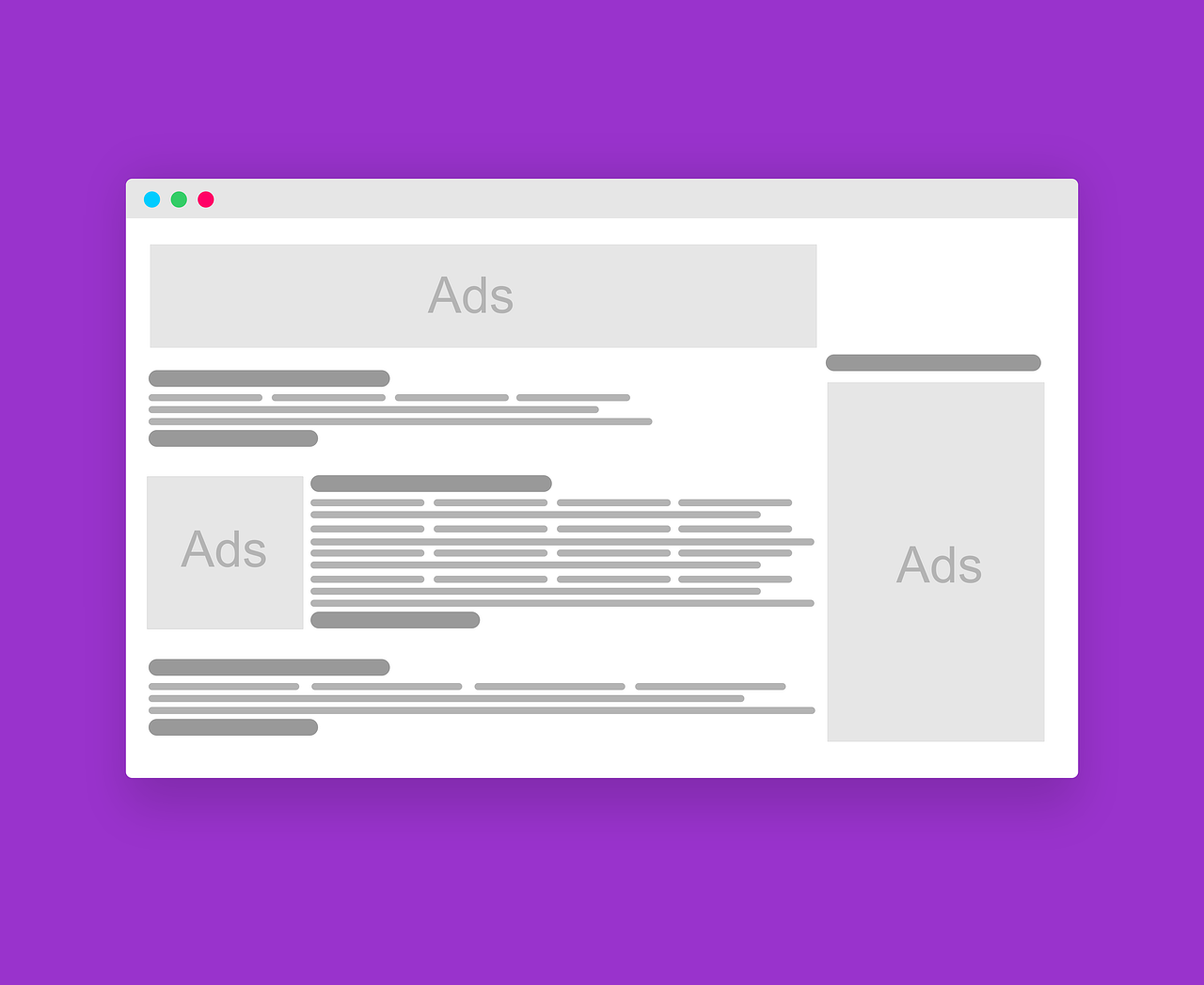Google recently announced new restrictions for political advertisers, a significant development in online advertising. These changes aim to address concerns about misinformation and manipulation during political campaigns.
The rise of digital advertising has transformed how political campaigns reach voters. While this offers a wider reach, it raises concerns about misinformation, manipulation, and foreign interference.
Recognizing these challenges, Google has implemented new restrictions to regulate political advertising on its platform.
Table of Contents
Political Ads Restrictions: Stricter Verification and Transparency
- Enhanced Verification: Political advertisers must undergo additional checks, including verifying their identity, location, and funding sources, to increase transparency and accountability.
- Targeting Limitations: Granular targeting based on sensitive demographics like gender, age, or ZIP code is no longer allowed for political ads, preventing potential manipulation and misinformation.
READ ALSO: Understanding Ad Blocker: The Ultimate Guide to Blocking Ads Online
Empowering Users with Transparency
- Political Ads Transparency Report: This new feature lets users see details about political ads on Google platforms, including who funded them, how much was spent, and even the ad content, promoting informed decision-making.
Impact on Advertisers and the Public
- For Advertisers: Adaptation is necessary to comply with stricter verification and targeting rules.
- For the Public: Increased transparency and trust in the information they consume during elections, thanks to easier access to ad details and the ability to evaluate their credibility.
Conclusion
Google’s new restrictions aim to address misinformation and manipulation in political advertising by enhancing transparency and accountability. They benefit advertisers and the public by promoting a more informed and trustworthy online political advertising landscape.
READ ALSO: Is Google Translate Secure? [We Have The Answer]
In conclusion, Google’s new restrictions for political advertisers aim to address concerns about misinformation and manipulation during political campaigns.
These changes increase transparency and accountability by requiring verification from advertisers and implementing stricter rules regarding targeting options.
With the introduction of the Political Ads Transparency Report, users can now easily access information about political ads running on Google’s platforms.
Political Ads Transparency Report: Frequently Asked Questions
What is the Political Ads Transparency Report, and how does it work?
The Political Ads Transparency Report allows users to easily access information about political ads running on Google platforms like Search, YouTube, and Display Network. This includes details like:
- Who funded the ad: See the name and location of the advertiser.
- How much was spent: Understand the budget allocated to the ad campaign.
- Where the ad ran: Know the platforms and channels where the ad was displayed.
- The ad content: View the actual text, image, or video used in the ad.
What are the benefits of using the Political Ads Transparency Report?
This report empowers users in several ways:
- Increased transparency: Gain insights into who’s influencing elections and what messages they’re promoting.
- Fact-checking potential misinformation: Cross-check information presented in ads against reliable sources.
- Holding advertisers accountable: Understand who’s behind specific ads and raise concerns if necessary.
- Informed voting decisions: Make more informed choices based on transparency and knowledge of campaign messaging.
READ ALSO: How To Report Online Scams In The UK [MUST READ]
How can I use the Political Ads Transparency Report?
The report is user-friendly and accessible through Google’s website. You can:
- Search by advertiser name: Find ads funded by specific individuals or organizations.
- Filter by keywords: Look for ads related to particular topics or issues.
- Browse by location: See ads targeted at specific regions or demographics.
- Download data: Export information for further analysis or sharing.
Remember: The Political Ads Transparency Report is a valuable resource for understanding the landscape of online political advertising. You can contribute to a more informed and transparent political discourse by utilizing it effectively.
RELATED POSTS
- 4 of the Best Cloud Backup Services for personal use
- Impact of COVID-19 on Live Streaming
- Ultimate Lists of Dangerous Apps
- 4 Best Mobile Browsers for Android, iOS, and Windows
- Google plans to block heavy ads that drain resources in Chrome
- Building A Theoretical Basis For Cyber Security
- Implementing SaaS Security – A Checklist
- 4 Tips on How to Reach Your Target Audience More Effectively
- 4 Essential Tactics For Increasing Sales Today
About the Author:
Abraham Faisal is a professional content writer. He has a strong passion for online privacy, cybersecurity and blockchain and is an advocate for online privacy. He has been writing about these topics since 2018 and is a regular contributor to a number of publications. He has a degree in Computer Science and has in-depth knowledge of the ever-evolving world of digital security. In his free time, he likes to travel and explore new cultures.
Christian Schmitz is a professional journalist and editor at SecureBlitz.com. He has a keen eye for the ever-changing cybersecurity industry and is passionate about spreading awareness of the industry's latest trends. Before joining SecureBlitz, Christian worked as a journalist for a local community newspaper in Nuremberg. Through his years of experience, Christian has developed a sharp eye for detail, an acute understanding of the cybersecurity industry, and an unwavering commitment to delivering accurate and up-to-date information.








